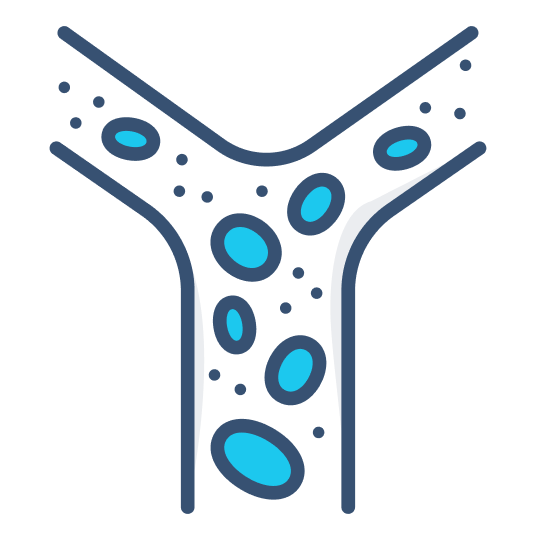Il servizio di Ematologia di Hesperia Hospital si occupa di prevenzione, diagnosi e cura di malattie oncoematologiche.
Le prestazioni erogate dall’Ambulatorio di Ematologia sono:
- Prime visite ematologiche
- Visite di controllo a portatori noti di malattie ematologiche
- Diagnostica differenziale delle principali alterazioni della crasi ematica e del sistema emolinfopoietico (anemia, piastrinopenia, leucopenia, leucocitosi, poliglobulia, piastrinosi, inversione della formula leucocitaria, presenza di componente monoclonale, linfoadenopatie, splenomegalia)
- Esecuzione di mieloaspirati e biopsie osteomidollari
Hematology is a branch of medicine that deals with the study and evaluation of the elements that make up the blood (red blood cells, white blood cells, platelets, and coagulation proteins), as well as the lymphatic and immune systems.
What is the purpose of a hematology consultation?
A hematology consultation helps to prevent, diagnose, and treat the main disorders that can occur in this field, such as:
- Anemia and other red blood cell disorders
- Abnormalities (increase or decrease) in white blood cells or platelets
- Coagulation disorders (bleeding or thrombosis)
- Enlarged lymph nodes
When is it useful to request a hematology consultation?
It is advisable to request a hematology consultation if you experience any of the following symptoms::
- Fatigue and tiredness
- Fever or low-grade fever
- Bleeding or recurrent episodes of thrombosis
- Enlarged lymph nodes
- Detection of abnormal blood test results (complete blood count, protein profile) already prescribed by your primary care physician or another specialist
What does a hematology consultation involve?
It is a medical visit during which the hematologist first gathers information about the patient’s lifestyle: diet, smoking habits, level of physical activity or sedentary behavior, any ongoing medical conditions and related treatments, previous surgeries, and possible family history of similar disorders. The consultation then includes a clinical examination, where the doctor palpates the abdomen, listens to the heart and lungs, and finally checks the lymph nodes.
Lastly, the doctor reviews any existing test results and, if necessary, prescribes additional tests to further investigate the specific condition. The most appropriate therapy or treatment plan is then recommended.
